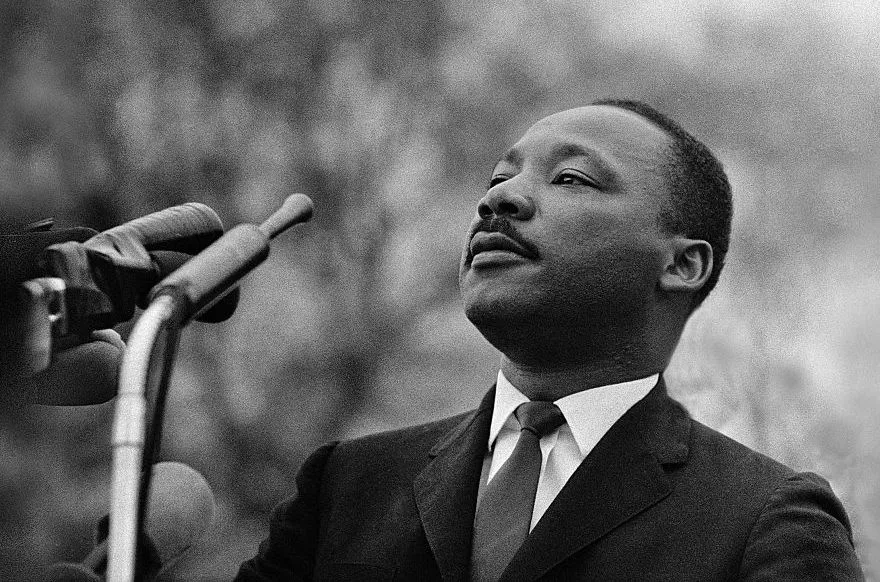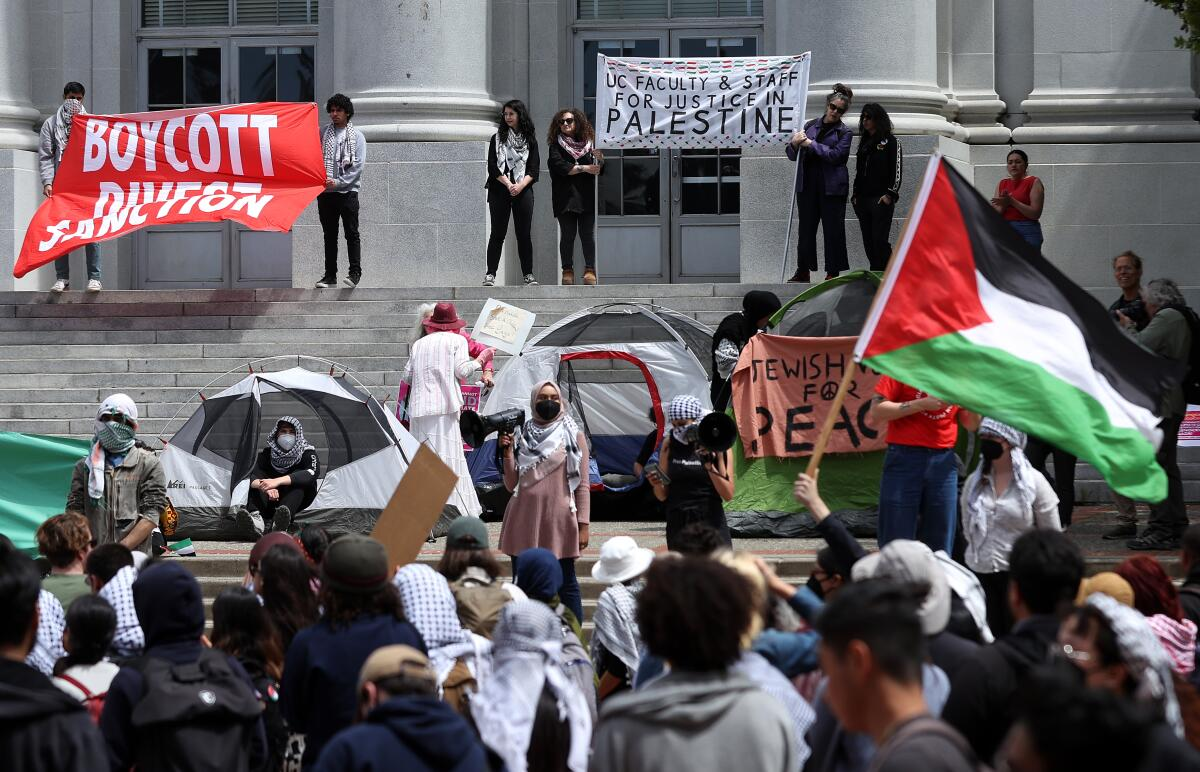“We are not satisfied and will not be satisfied until justice rolls down like waters and righteousness, like a mighty stream”– a lesser-known quote from the famous “I Have A Dream” speech written and spoken by Dr. Martin Luther King Jr.
After a centuries-long struggle to make reparations to the United States’ moral code, January 20th, 1986 was the first Martin Luther King Jr Day officially observed by the American federal system– with President Ronald Reagan signing the legislative order three years prior. While the history of racial inequality stems far deeper than the late 20th century, the matters of discrimination and justice were heightened extensively by the post-war response and pronounced surge of protests. Many of which were led and influenced by the notable leader, American minister, and civil rights activist Dr. Martin Luther King Jr.
Like many African Americans during his time, King had to witness firsthand the realities of racism and discrimination at an early age. In his adolescence, he often found himself festering silent resentment towards whites for the “racial humiliation” that King’s family and neighbors had to face daily. As he grew older, though, King became well renowned for his power in speech. In 1944, he won a local oratorical contest for his authoritative speech on the chains still worn in black America. King’s knowledge of influence and speaking also sparked from numerous figures in his life. His father, another minister who spoke in the name of civil rights, instilled in King a principle he carried with him in subsequent years: “I don’t care how long I have to live with the system, I will never accept it”.
Eleven years later, Claudette Colvin– a high school student in Montgomery and member of the NAACP Youth Council– refused to move her seat on a segregated bus (opposing 19th-century Jim Crow Laws). As a result of her arrest, along with her mentor Rosa Parks almost a year later, the Montogomery Bus Boycott ensued (with King as one of the frontrunners for the campaign). Originally leaning away from his involvement, King’s leadership and well-liked personality were found to suit the role– and later instigated his rise in popularity in the years following. It was even said by many that he was a modern-day Gandhi for human rights.
Increasing his involvement in other civil rights groups across the nation, King was one of the founding members (along with Ralph Abernathy, Joseph Lowery, Fred Shuttlesworth, and other activists) of the Southern Christian Leadership Conference (SCLC). This group promoted moral authority and nonviolent protests as a way to reform discriminatory policies and stood among the strongest organizations dedicated to this cause during this time. It was under their belief that nonviolent protest against southern segregation systems would reach mass audiences and assist in the fight toward equality. Shortly after its creation, public opinion was swayed by sympathy for African Americans in the South. “It was because of his nonviolence and ability to sit down in a peaceful manner that encouraged so many to reflect on speaking upon their injustices as well,” states senior Aidan Tate as he distinguishes King’s significance in the shifts of US social climates, “thus being demonstrated in the later years of protests, even those we see today”. King’s involvement, however, was not limited to the tasks of the SCLC alone.
His organization of marches eventually led to the inclusion of African American rights to vote, desegregation policies, labor rights, and others in the Civil Rights Act of 1964, as well as the 1965 Voting Rights Act.
Setting a precedent for protests to follow in later decades, student advocate and HRC member, Katherine Popper notes, “The Civil Rights Movement was groundbreaking; really set the framework for what we have come to expect, at least in America, of civil rights”. As mentioned before, Martin Luther King Jr’s impact on social issues surpassed his time entirely by promoting advocacy for diverse communities across the globe, instigating numerous changes by the populous. “The movement should be covered a lot more in-depth in history classes to have a more comprehensive understanding of US History and the society we live in now” adds senior Jasmine Jenkins, emphasizing the significance of the movement and how it correlates to modern-day society.
While MLK Day was signed as a federal holiday, many states were still hesitant about its acceptance– with some even combining it to honor General Robert E. Lee’s birthday noted a few days later. Advocating for the holiday’s proposal, US Representative John Conyers and Senator Edward Brooke attempted relentlessly to have it finalized. Over time, many would find themselves promoting its concept, but many stood strongly opposed. Approaching the 80s, though, six million signatures petitioned for the holiday honoring King, and many more flooded in when Stevie Wonder released the hit “Happy Birthday” to draw greater attention to its cause. By 1983, the documents were signed. By 1986, the holiday was celebrated, and by 2000, the nation made vast strides towards a greater nation. One by its very creed.






